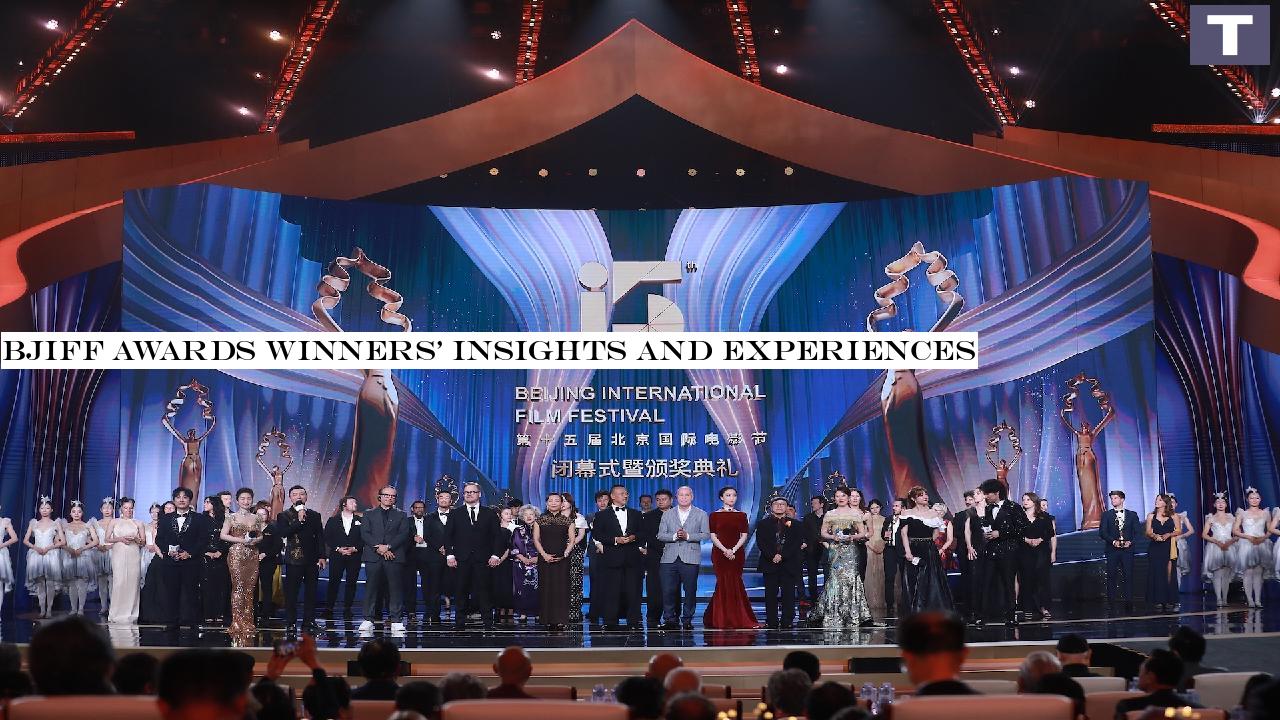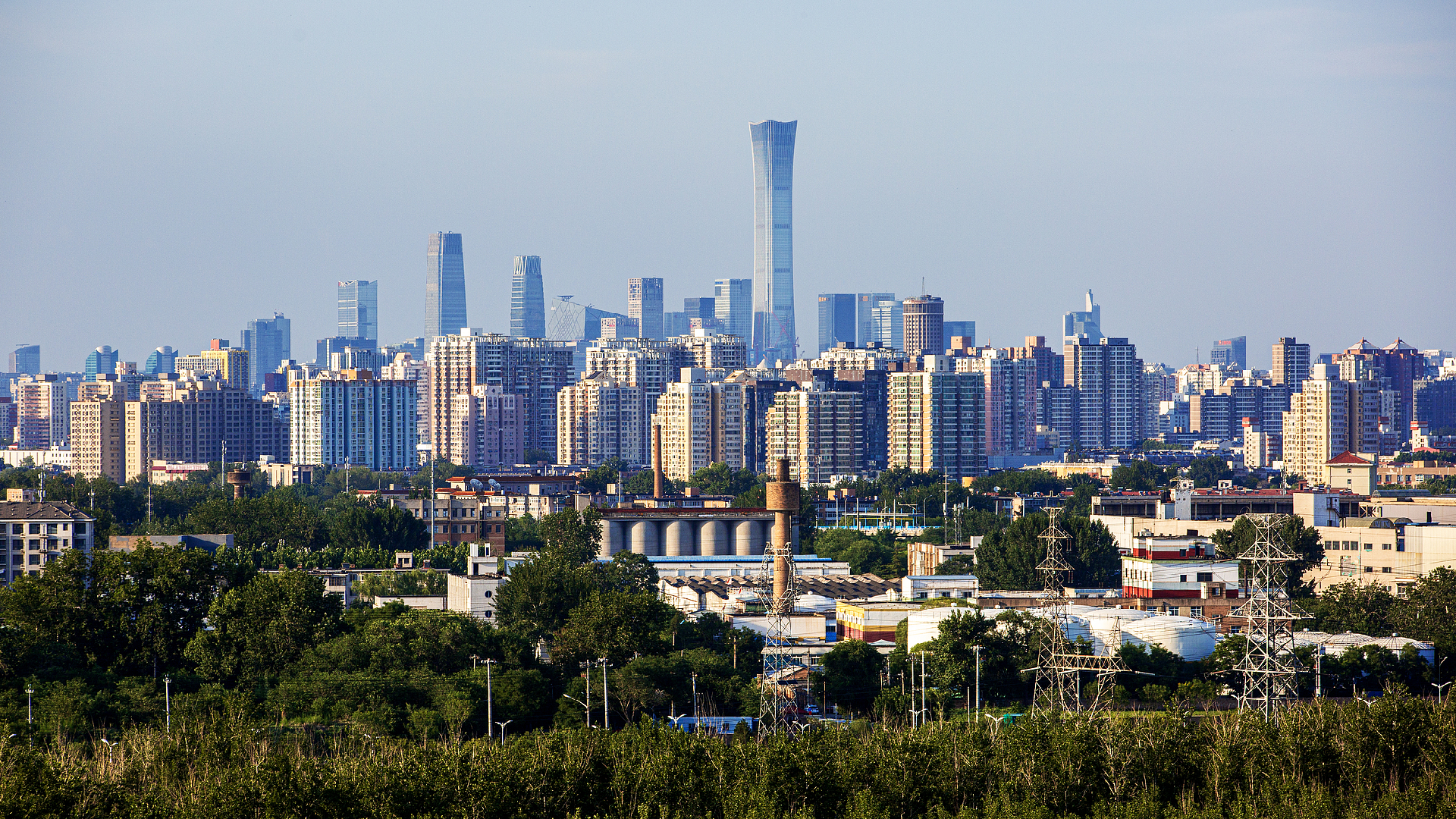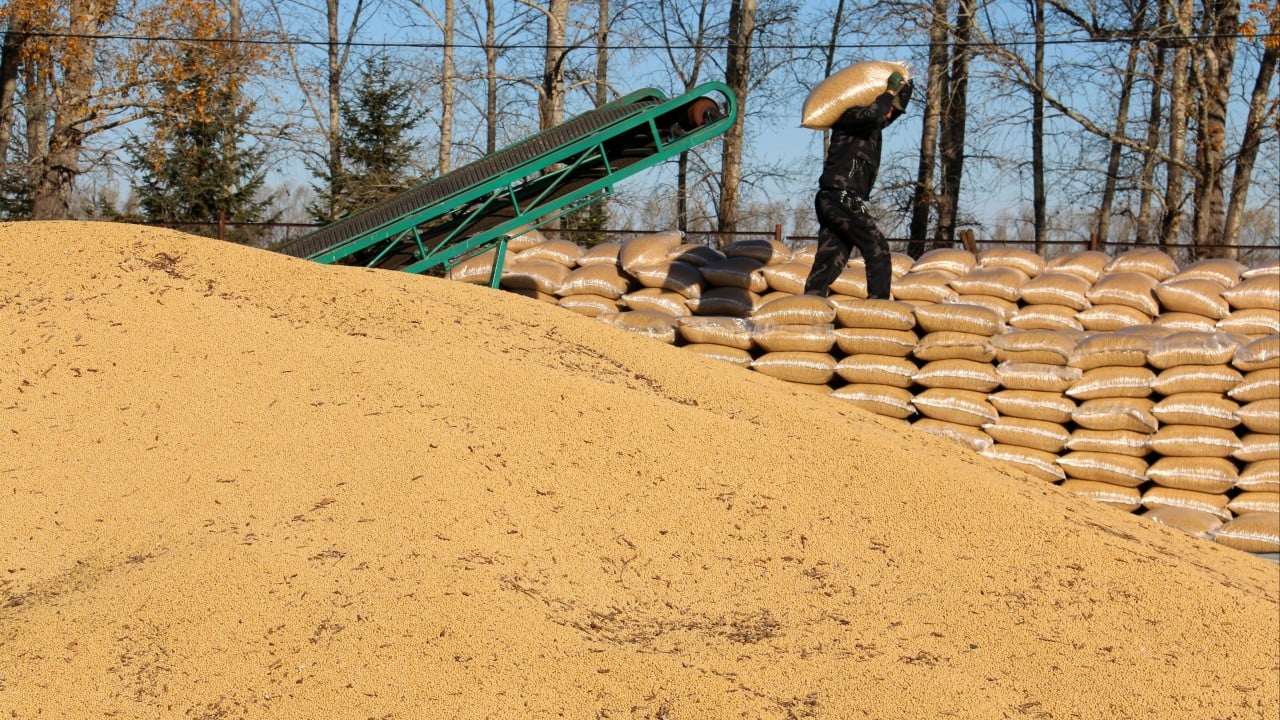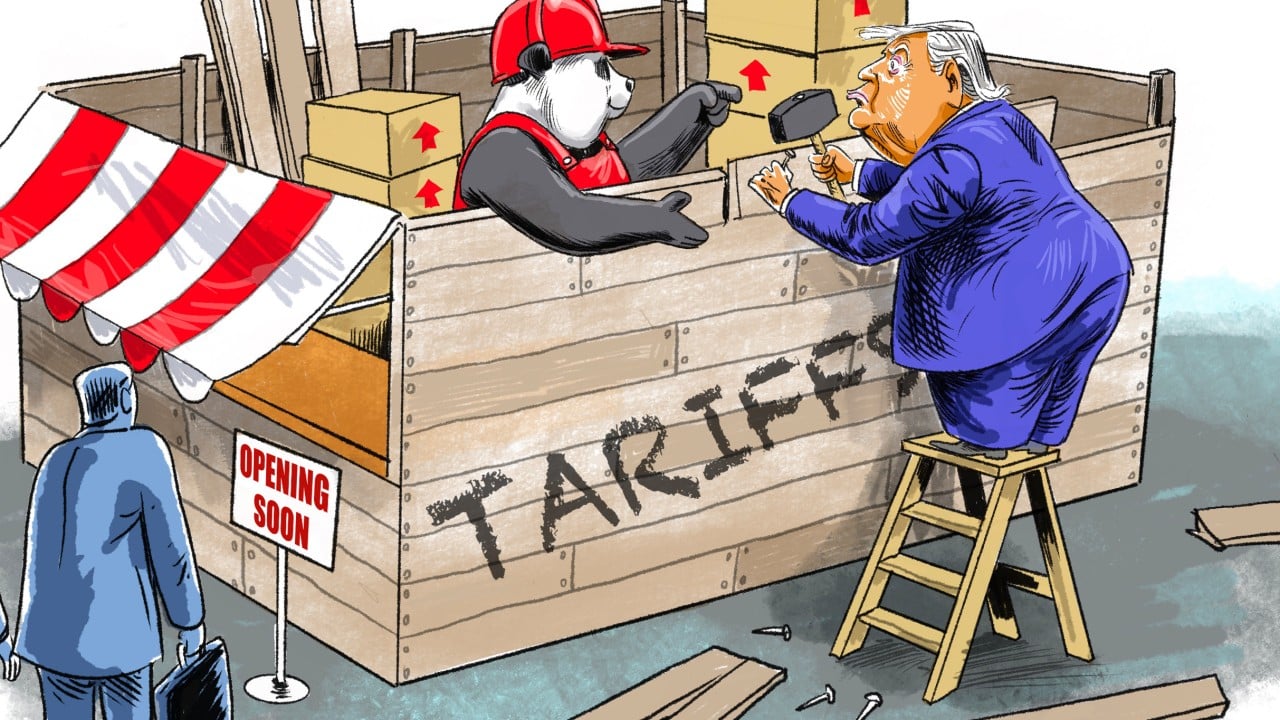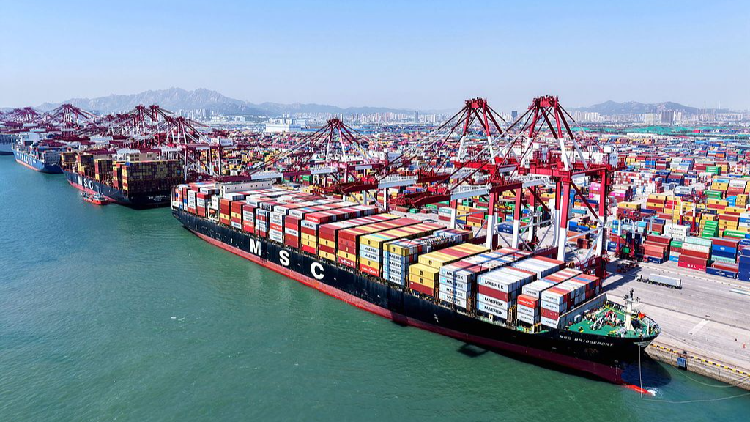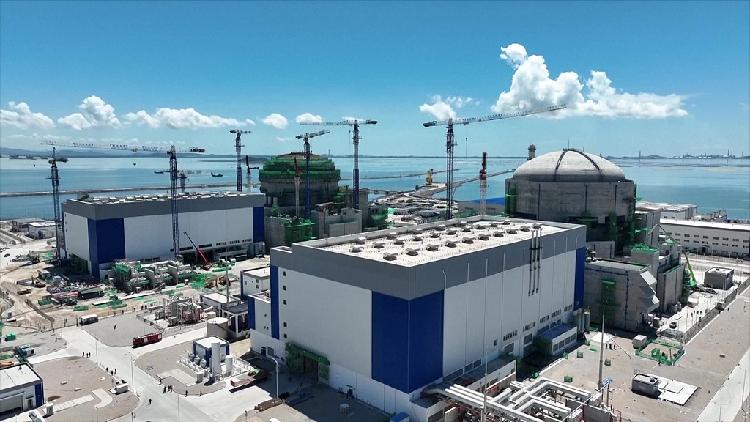
Amid mounting global uncertainties, the Political Bureau of the Communist Party of China (CPC) Central Committee held a meeting on Friday to analyze and study the current economic situation and economic work, sending a strong message to the world that China is well-prepared to face external economic shocks, particularly those stemming from continued trade tensions with the United States.At the heart of the meeting was a firm reassurance, articulated by economist Zhu Min, that China has contingency plans and policy tools ready to maintain economic stability.This reassurance aims not only to stabilize expectations within the country but also to project stability to the global economy, Zhu, a member of the Senior Expert Advisory Committee of the China Center for International Economic Exchanges, told CMG."If China holds steady, the world holds steady," Zhu remarked, emphasizing the ripple effect of China's economic resilience.Staying on course while embracing globalizationOne of the meeting's central themes was the importance of unswervingly managing the country's own affairs well.Zhu highlighted this as both a practical and strategic necessity.
"Domestically, it means continuing reforms, pushing forward structural adjustments, and pursuing high-quality growth.
Internationally, it signals that China remains committed to globalization and reform a stance that contrasts sharply with rising protectionist sentiments elsewhere."From Zhu's perspective, China's message is clear: While external pressures mount, particularly in the form of trade tensions initiated by the United States , the country will not retreat inward but will instead double down on its reform and opening up.Macro policy serves as safety netThe meeting called for efforts to accelerate the implementation of more proactive and effective macro policies, and make full use of a more proactive fiscal policy and a moderately loose monetary policy.Zhu pointed out the central authorities' repeated call and concrete actions of adapting a more proactive fiscal policy and a moderately loose monetary policy aimed to infuse confidence to the market.No matter how big the external risks are, the active macro policy will serve as a safety net for the market and economy, he added.According to Zhu, the government has already begun increasing fiscal spending, notably by raising deficits and issuing various types of bonds to support key sectors, especially technology-driven enterprises.On the monetary front, policies such as timely interest rate cuts and reserve requirement reductions are on the table to ensure liquidity remains ample, according to the meeting.The meeting also encouraged the use of new structural monetary policy instruments and policy-based financial instruments.
Zhu said China has a good experience in using such tools during the COVID-19 pandemic to support small and medium-sized businesses.Supporting enterprises and workers amid trade pressuresA crucial point highlighted during the meeting was the need to support businesses heavily affected by tariffs and trade disruptions.
The meeting proposed that for enterprises that suffered relatively bigger impacts from tariffs, the proportion of unemployment insurance funds returned to enterprises to keep payrolls stable will be increased, reinforcing the government's commitment to employment stability, a linchpin for overall economic confidence.Zhu pointed out that while Chinese companies have shown resilience continuing to maintain high export volumes to the United States despite elevated tariffs the adjustment period requires policy support.
Ensuring social stability through unemployment benefits, retraining, and reemployment programs is seen as vital for navigating this transition, he added.Risk management and policy reservesThe Political Bureau meeting reiterated the need to manage existing domestic risks including local government debt and real estate vulnerabilities while responding to new external shocks.This dual-track approach reflects lessons learned from past crises: don't let old risks resurface while dealing with new ones, Zhu noted.The expert also believed that China still has significant fiscal and monetary space, and the government is prepared to deploy incremental policies as needed.
Areas highlighted for future policy focus include foreign trade transformation, new service industries, and income support measures for low- and middle-income groups, he said.Shifting toward service consumptionAnother strategic pillar of the meeting was boosting consumption by increasing the earnings of low- and middle-income groups.These groups have the highest consumption elasticity, meaning income gains translate quickly into spending, Zhu noted.The expert emphasized the long-term importance of transitioning toward service-based consumption.While China's commodity consumption is already at a high level relative to GDP, sectors such as healthcare, education, and cultural services still offer considerable room for growth, Zhu said.Unlocking this potential will require structural reforms, including pricing liberalization, market access, and competition-enhancing measures, Zhu added.'Four stabilities'The meeting also reaffirmed the "four stabilities," urging efforts to keep employment, businesses, markets and expectations stable with a particular emphasis on employment and business.Zhu said this hierarchy underscores the leadership's people-centered approach to economic management.He concluded that maintaining employment and supporting enterprises are not just economic necessities but critical social and political imperatives as they represent the foundation on which China's macroeconomic stability and long-term growth will rest.

 14
14









